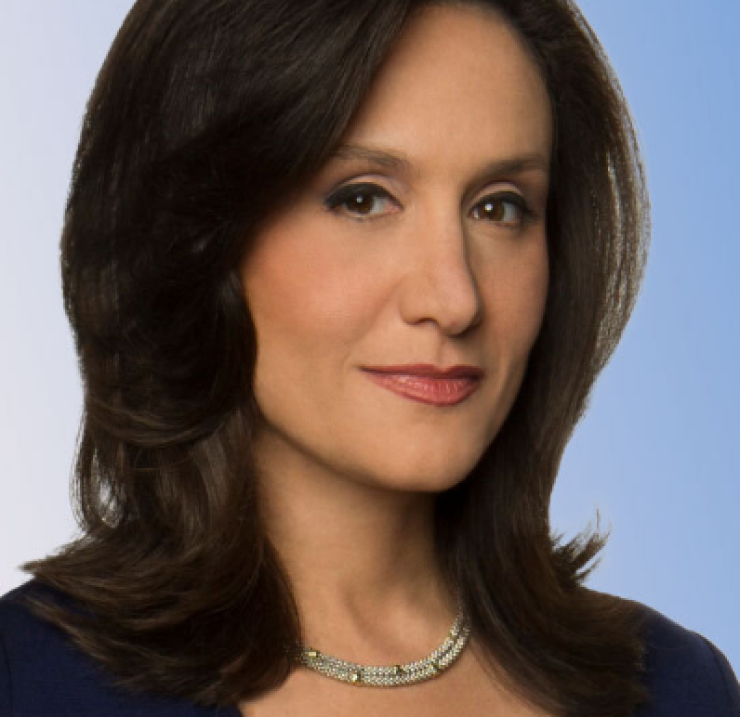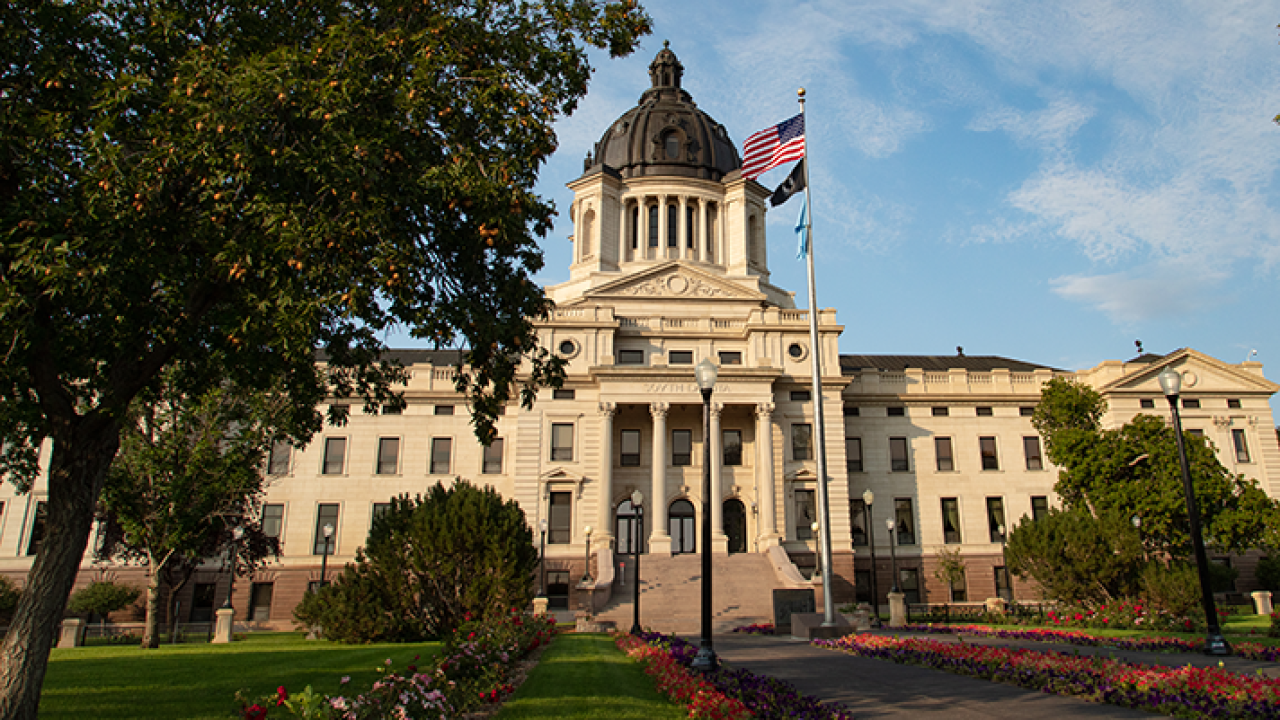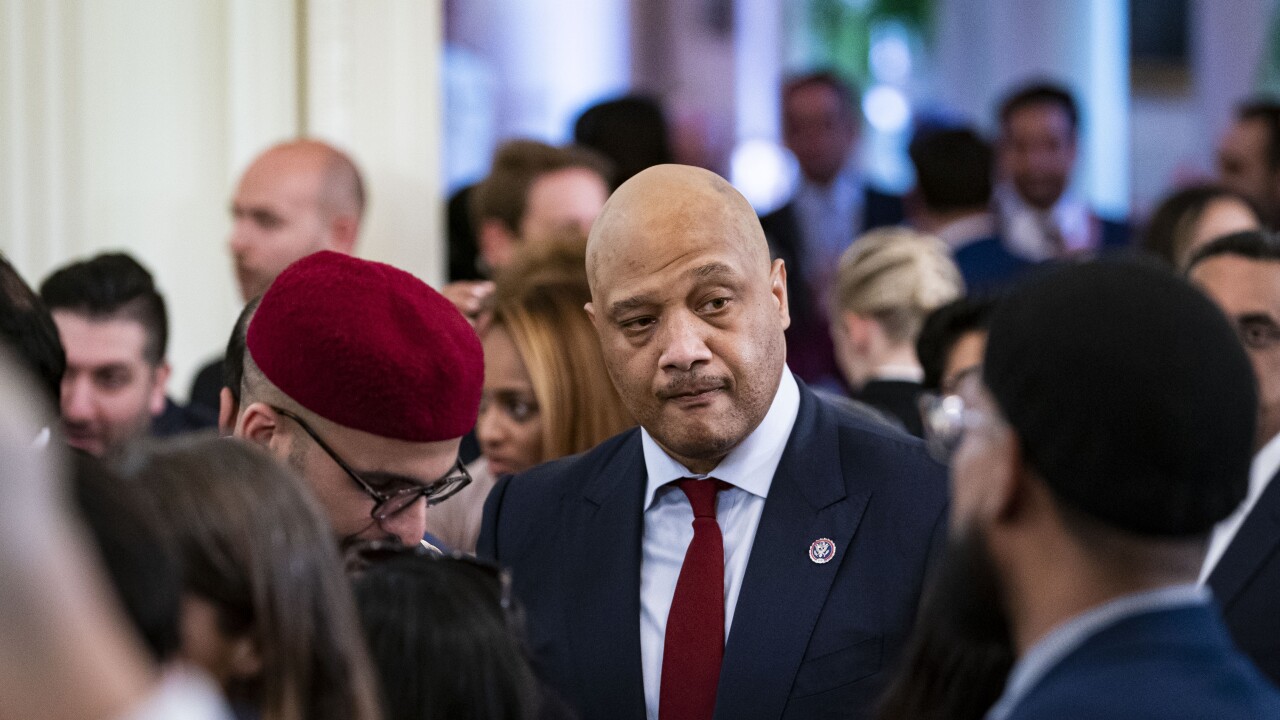While the race for New York City comptroller has drawn few headlines compared with the joust for mayor, a dozen candidates are running for the office with primaries scheduled for June 22.
The primary date marks an early variation from the traditional September scheduling. The general elctions are still in November. This is also the first year of ranked-choice voting, which adds a variable to all the races.
Scott Stringer, who has held the office for eight years, is running for mayor.
The comptroller minds the city’s books, audits agencies, safeguards its $170 billion pension system and helps manage bond issuance along with the Mayor’s Office of Management and Budget. The city's general obligation, Transitional Finance Authority and Municpal Water Finance Authority debt totals roughly $118 billion, according to
“The job of comptroller is essential to the fiscal health, governmental integrity and broader well-being of our city,” Andrew Rein, president of the watchdog Citizens Budget Commission, said at an online CBC candidates forum on Tuesday.
“New York City is at a critical juncture. It’s a time of great uncertainty, but also a time of great possibility, and the next comptroller can play a critical role in the city’s future.”

The hopefuls include 10 Democrats, one Republican and one from the Conservative Party.
The most visible name in the race is
Second was Michelle Caruso-Cabrera, a former television journalist with Univision and CNBC. She lost a congressional race last fall while challenging Alexandria Ocasio-Cortez in a Queens-district Democratic primary.
“I am very aware of the repeated mistakes coming up over and over again in both the management of economic crises and the subsequent recoveries that could often have been better,” she said, citing her media background.
Other Democratic candidates are City Council member Brad Lander; state senators Brian Benjamin and Kevin Parker; and state Assembly member David Weprin; and others are Zachary Iscol, Terri Liftin, Alex Pan and Reshma Patel.
“The comptroller has a lot of different roles,” said Weprin, a longtime municipal bond advisor.
Republican Daby Carreras, a money manager from East Harlem, has run for City Council and state Assembly and a former Manhattan Republican Party vice president. Paul Rodriguez is the Conservative Party candidate.
Candidates on the CBC forum said smart budgeting would help the city avoid a reactivation of the New York State Fiscal Control Board, which has existed since the 1970s fiscal crisis but has been dormant of late, merely rubber-stamping city budgets.
“We were almost in that position last year,” Johnson said. “I’m sure there would be a circumstance, but I don’t feel comfortable mostly with Albany coming in and taking over the city’s budget. I’m a little scared of that, which is why if we budget properly and plan properly, that shouldn’t happen.”
All six who appeared said they would favor mandatory deposits into the city’s new rainy-day fund, which has state authoritzation after city voters approved it two years ago.
“As long as Albany doesn’t raid it,” Caruso-Cabrera said.

Outgoing Mayor Bill de Blasio’s fiscal 2022 executive budget included a $493 million deposit into the new fund. Should the council approve the budget, reserves would total $4.6 billion, including $3.8 billion in the Retiree Health Benefits Trust and $300 million in the general reserve account.
“A rainy-fund is not a rainy-day fund if you’re only putting pennies into it,” said Iscol, a former Marine whose nonprofit Headstrong emphasizes mental health support for veterans. “It’s got to be significant.”
The candidates supported vigilance and shepherding of the pension funds and replenishing the Retiree Health Benefits Trust to cover a $109 billion liability in other post-employment benefits, or OPEB.
Lander advocated tracking the roughly $15 billion in overall federal rescue aid in store for the city, akin to what former Mayor Michael Bloomberg did after Hurricane Sandy struck the region in 2012.
“The job of the comptroller is to take the long-term view of the city,” he said.
Benjamin called for performance-based audits on the New York Police Department and the Department of Education. Both, he said, play critical roles amid a recovery from the pandemic.
“If those two agencies don’t work for the City of New York, particularly for those who are most underserved and marginalized, the whole system doesn’t work,” he said.





